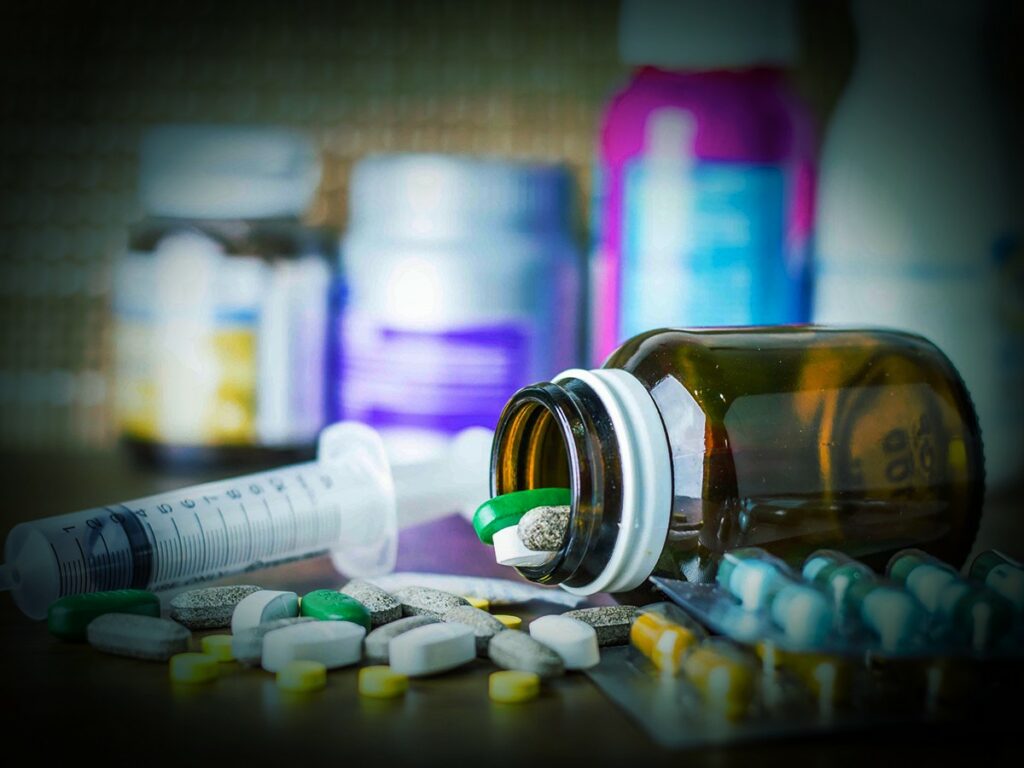Pharmaceutical waste is one of the many types of regulated medical waste. It must be handled differently than biohazard waste and sharps waste. Disposal of it also depends on whether you’re a healthcare entity or a sole individual.
What is Pharmaceutical Waste?
Pharmaceutical waste is defined as unused, expired, or leftover medication that can’t be used or is no longer needed. They can be hazardous or non-hazardous depending on chemical composition and risk to the environment and humans. Pharmaceutical waste also includes items that contain or contact pharmaceutical waste. Examples include:
- Drugs containing hazardous and non-hazardous materials
- Contaminated items like gloves, masks, bandages and IV bags, and tubing
- Medicine distribution devices such as autoinjectors, inhalers, and nebulizers
- Empty receptacles like pill bottles, blister packs, liquid medicine containers, and ointment tubes
Disposing of Your Pharmaceutical Waste
Disposing of your waste depends on if you’re a healthcare entity or an individual
Contracting a Biomedical Waste Disposal Company
Signing a contract with a third-party company is the most common method of pharmaceutical disposal if you’re a healthcare facility. It falls on you to separate out your pharmaceutical waste from any biohazardous waste prior to pick up. You will also need to remove any controlled substances, any trace of chemotherapy waste, and any hazardous waste.
The rest is taken care of by your chose company. You may have to package up what’s left, or they may do it for you. We encourage you to talk with your provider if you have any questions. If you’re ever in doubt about how to get rid of your pharmaceutical waste, we recommend signing with a licensed company.
Drug Take Back Programs
If you’re an individual, you’re likely not generating the same amount of pharmaceutical waste as hospitals or other various healthcare facilities. You likely have some unused or expired medications laying around your home that can’t be used anymore.
The last thing you should do is throw these away or down the drain. They could end up contaminating the local water supply or landfill. Many cities and police departments have drug take back programs that are designed specifically to fix this problem.
All you have to do is take your unused or expired medications (or any other pharmaceutical waste you may generate) to one of these places that’s hosting a drug take back program. They’ll take care of the rest and properly dispose of it for you.
Depending on whether you run a healthcare practice or if you’re an individual will determine how your pharmaceuticals will need to be disposed of. Regardless, it’s always highly encouraged you never flush pharmaceuticals down the drain or throw them away in the regular trash. This will avoid contamination and save you lots of money.



